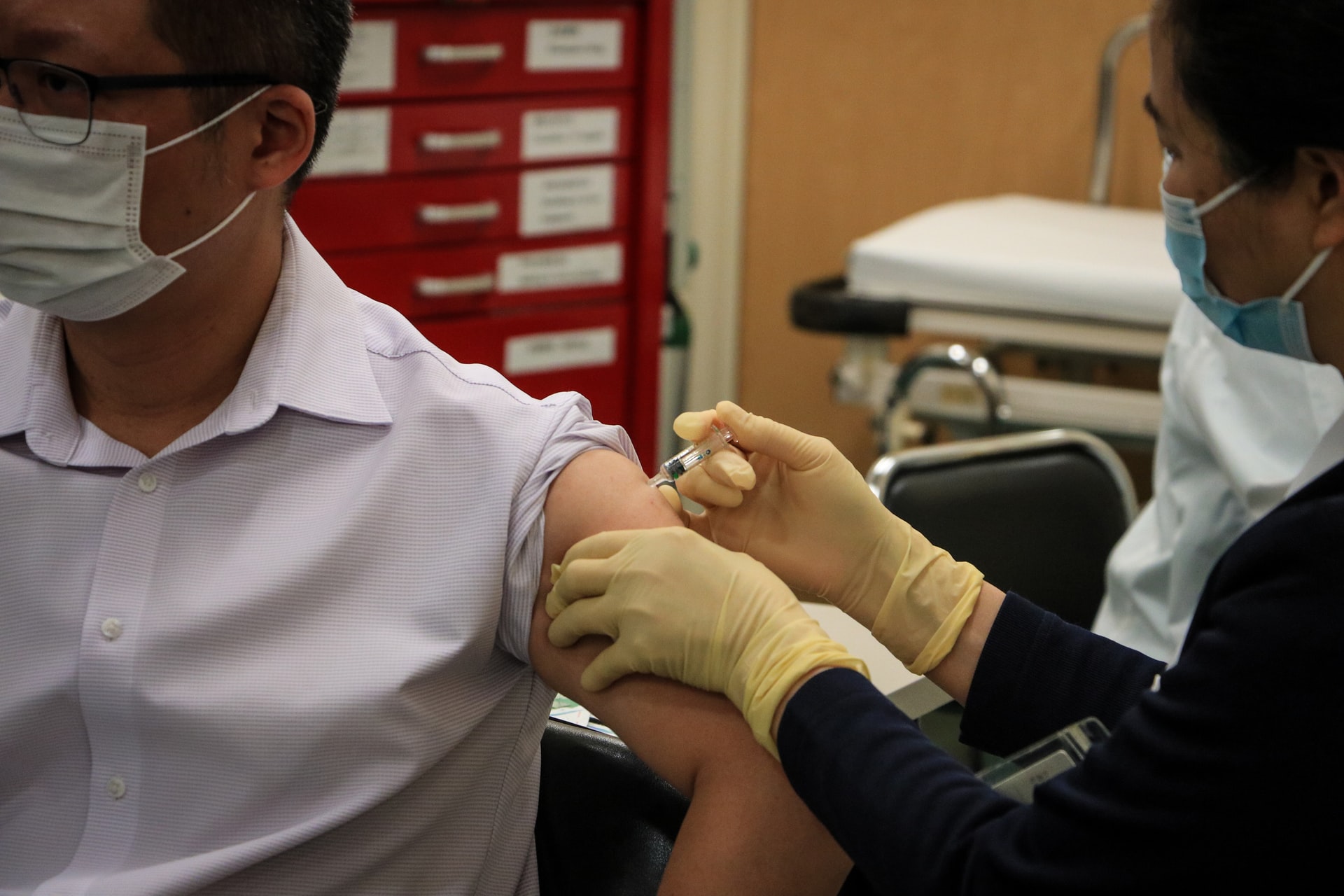Global Cooperation Critical to Overcome the Pandemic
COVID-19 has affected millions and the situation has been further exacerbated due to the emergence of new variants. Globally, as of 14 April 2021, more than 138 million people were infected by COVID-19, with close to three million deaths. Cases of infection have risen sharply in 2021 – in what has now been termed the second wave, albeit with fewer fatalities than the first wave.
Many are of the belief that the situation looks to worsen and a full recovery from the pandemic can take anywhere between 3-5 years. That’s a long time considering the repercussions it will have on hard-hit nations. It is sure to have a cascading effect on their economies and their future. They could look at a sharp rise in their debt-to-GDP ratio.
Horasis is organizing the virtual ‘Horasis Global Meeting’ on 8 June 2021, where pressing topics of the day will be discussed. The panels in the event will feature some of the world’s leading decision makers from business, government and civil society who will deliberate on the path forward for businesses and societies.
Vaccine Drives
As per the World Health Organization (WHO) there are more than 200 additional vaccines that are in different stages of development. A very promising figure given the shortage of vaccines in many developing countries.
Currently a total of seven vaccines are available for public use. And more than 458 million doses of these vaccines have been administered around the world. US, China, India and EU remain the top four countries in the vaccination drive, although for China and India the population subsets are much greater than in the US or the EU.
Pfizer was the first to have developed a successful vaccine with a 95% efficacy record. It has been approved by EU, UK, Canada and the US for emergency use. It further has plans to produce 1.3 billion doses within this year. Meanwhile, other vaccines such as those of Moderna, AstraZeneca, Johnson & Johnson, Sinovac, Gamaleya, CanSino Biologics and Sinopharm are in use in several countries.
Concerns Arise
The development of a vaccine in such a quick turnaround time is commendable. But it also raised some hard questions. To develop a successful vaccine, it takes years to a decade for it to be clinically successful and approved to be administered to the general public.
But this time around, the vaccines were developed much faster along with their approval. Its effectiveness has been under doubt. The AstraZeneca vaccine developed by the Serum Institute of India got shrouded in controversy after reports of blood clots affecting individuals who had been administered the vaccine, started circulating. Denmark was the first to have reported this issue, followed by Ireland and Norway. Fears of a complete ban on the vaccine in the EU bloc loomed.
But these fears were put to rest. The WHO recently released a statement stating “that the benefits of the AstraZeneca vaccine outweigh its risks and recommends that vaccinations continue.”
Will National Policies Deliver?
Equally important is the need for the development of enough vaccines and its availability to all at the right time and at the right price. Policymakers and leaders need to acknowledge the urgency around it and develop a collaborative stance that promotes ‘vaccine for all’.
In a recent announcement, the EU Chief has warned to stop the exports of AstraZeneca vaccines from the EU to UK. The problem arose when AstraZeneca fell short on fulfilling its delivery of 90 million doses to the EU by Q1 2021.
COVID-19 is a global pandemic and a complete recovery from it is only possible if all are vaccinated timely. And to ensure this happens, governments and businesses need to work together.
Is Vaccine the Solution?
Presently, vaccine is the only effective shield against COVID-19. Due to the virus being very new and complexities surrounding it – such as new strains that are constantly evolving, nothing is certain. There will always be a risk as with all vaccines. They will never be 100% effective against a virus.
But countries such as the UK and Israel indicate very positive results of the vaccination drive at a population level, with a major reduction in new infections, hospitalizations and deaths. Yes, one can contract the virus after the vaccine also, but that’s because no vaccine claims a 100% efficacy rate. Moreover, the chances of being infected a second time with a vaccine are a fraction as compared to those who may not have taken the vaccine.
Global Cooperation Vital
Presently countries should focus developing strategic policies that allow for development, approvals and smooth supply of the vaccines. Countries should remove any pre-existing barriers that act against a smooth supply of vaccines.
Partnership among governments and businesses is vital in the medical space. It was the result of public-private partnerships that helped in quick deployment of research team and resources for the vaccine development.
The signals are clear and we should be ready to encourage more such initiatives in the healthcare sector. One thing remains certain – this is the not the first or the last of crises we will face. We have to be better prepared for the next crises, and the ‘Horasis Global Meeting’ is one step in that direction.
Photo Caption: A man receives COVID-19 vaccination in Macau, China.




